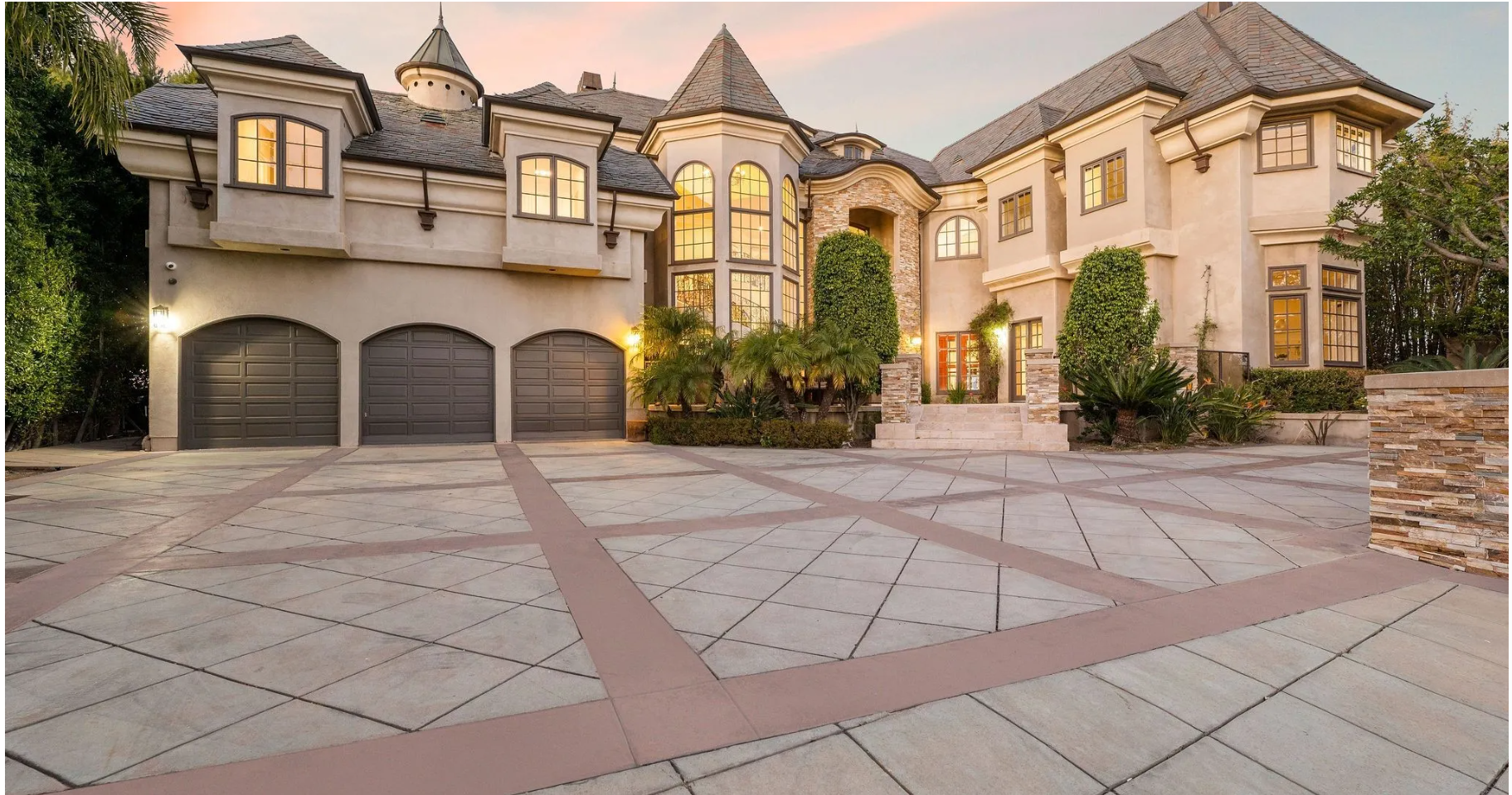The Benefits of Using Virtual Reality in Real Estate
https://buymeacoffee.com/kaysogy/the-benefits-using-virtual-reality-real-estate
 The real estate industry has undergone significant transformations in recent years, largely due to technological advancements. One of the most impactful innovations is the integration of Virtual Reality (VR). VR technology is revolutionizing how properties are showcased, offering an immersive experience that allows potential buyers to explore homes from anywhere in the world. In this article, we will explore the benefits of using VR in real estate, highlighting how it enhances the buying process and drives engagement.
The real estate industry has undergone significant transformations in recent years, largely due to technological advancements. One of the most impactful innovations is the integration of Virtual Reality (VR). VR technology is revolutionizing how properties are showcased, offering an immersive experience that allows potential buyers to explore homes from anywhere in the world. In this article, we will explore the benefits of using VR in real estate, highlighting how it enhances the buying process and drives engagement.
Enhancing Property Tours with Virtual Reality: Virtual Reality provides a dynamic and interactive way to present properties. Traditional property tours require physical presence, which can be time-consuming and limiting for both buyers and real estate agents. With VR, prospective buyers can take virtual tours of properties from the comfort of their homes. This not only saves time but also widens the pool of potential buyers who can view the property.
Realistic and Immersive Experience: VR offers a realistic and immersive experience that photos and videos cannot match. By donning a VR headset, users can navigate through the property as if they were there. This technology allows them to get a true sense of the space, understand the layout, and visualize how their furniture would fit in each room. This level of engagement can significantly increase interest and help buyers make informed decisions.
Expanding Market Reach: For international buyers or those relocating from different regions, visiting properties in person is often impractical. VR tours eliminate geographical barriers, enabling potential buyers from around the globe to explore properties without traveling. This expansion of market reach is particularly beneficial in today’s globalized world, where people frequently move across cities and countries for work or personal reasons.
Cost-Effective and Time-Saving: Implementing VR in real estate marketing can be cost-effective in the long run. While the initial investment in VR technology and equipment may seem high, it reduces the need for multiple physical showings, which can be costly and time-consuming. Real estate agents can focus their efforts on serious buyers who have already experienced a virtual tour and shown genuine interest in the property.
Better Visualization for Renovation Projects: VR is not only useful for showcasing existing properties but also for visualizing potential renovations. Buyers can use VR to see how a property would look with different modifications, such as new paint colors, furniture layouts, or structural changes. This capability helps them make better-informed decisions about potential investments and renovations, ultimately increasing buyer satisfaction.
Increased Engagement and Conversion Rates: Properties marketed with VR tours tend to attract more engagement compared to traditional listings. The interactive nature of VR tours keeps potential buyers engaged longer and allows them to explore every aspect of the property at their own pace. This heightened level of interest can lead to higher conversion rates, as buyers are more likely to pursue a property they have thoroughly explored and feel confident about.
Seamless Integration with Online Property Listings: VR technology can seamlessly integrate with online property listings, providing a comprehensive digital marketing package. Potential buyers can access VR tours directly from real estate websites, enhancing their browsing experience and making it easier for them to shortlist properties. This integration ensures that listings stand out in a competitive market, attracting more views and inquiries.
Building Trust with Transparency: One of the key advantages of VR tours is the transparency they offer. Buyers can explore every nook and cranny of a property, reducing the likelihood of surprises during in-person visits. This transparency builds trust between buyers and real estate agents, fostering a positive relationship and increasing the chances of a successful transaction.
Conclusion: Virtual Reality is transforming the real estate industry by providing a more efficient, engaging, and transparent way to showcase properties. By incorporating VR into marketing strategies, real estate professionals can expand their market reach, save time and costs, and ultimately increase buyer satisfaction and conversion rates. As technology continues to evolve, VR is set to become an indispensable tool in the real estate sector.
Comments
Post a Comment